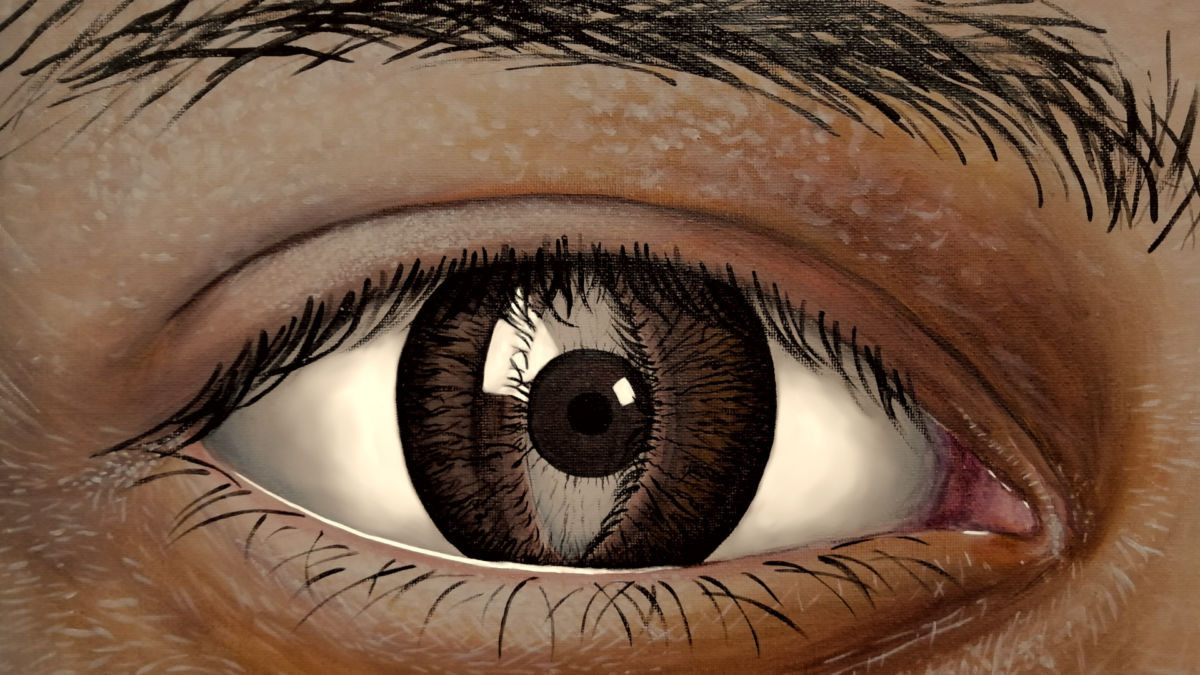“Pronouns matter” and “respect people’s identities” cover the walls of residences and campus facilities at the ANU. As a queer exchange student, I was pleasantly surprised at the treatment of queer students here. The university stopped deadnaming me in most official communications, and they immediately changed my name on Wattle after I pointed out that their system did not reflect the ‘preferred name’ I had given them during my application. None of the lecturers addressed the class with ‘ladies and gentlemen’, which is the norm at my university back home, and most extra-curricular activities seemed to be aware of gender diversity. I was genuinely overjoyed to discover that there was a Queer* Department, and that people could be openly queer on campus. And honestly, I could leave it at that, I could say how much better it is compared to my university back home, and I could say that in the context of the recent political climate, just being allowed to exist, makes me want to cry.
But even though I am so grateful for the community here and how fellow students and staff have accepted me, I’ve come to realise that much of my gratitude stems from very low standards. I’ve been treated really well for a queer person. Over the last couple of months, I’ve helped develop a survey on the experience of queerphobia at the ANU. And, as part of that, I’ve had to carefully think about what queerphobia entails and how often it refers to small things, microaggressions that most likely aren’t even intended to insult or harm me.
Thinking about the instances in which I was not taken seriously or respected, I’ve realised that they are only seen as acceptable because I’m queer. Forgetting my pronouns or referring to me as a woman is only seen as acceptable because I’m queer. A doctor loudly shouting my deadname through the clinic is just a cultural thing. Unfortunate, but there are bigger problems [/sarcasm]. A class on historical gender diversity is only about women, because genderqueer people didn’t exist back then [/sarcasm]. Even the university’s digital infrastructure that still refers to me by my deadname is explained away as simple faults in IT. But all of these examples would be taken seriously if they happened to someone who wasn’t queer. If I weren’t queer, these issues would be insults, instances of disrespect. Not bothering to learn my pronouns after weeks of working together isn’t about language, it’s about whether you take me seriously, it’s about whether you believe my existence as a queer person is legitimate. What are you telling me when you show me that I am not even worth that minor effort?
With global politics repeatedly telling me I have no right to exist or don’t exist in the first place, little unintentional things add up. Little, unintentional, things are part of the same, massive, systems which are causing so much suffering right now. You have no idea how scared we are. And I am so sick of it, so tired of it, so fed up with excuses. How dare you not care?
The ANU Queer* Department recently launched the Experiences of Queerphobia Survey into current and former students’ experiences of queerphobia at the Australian National University. The survey forms part of a broader project by the ANU Queer* Department to publish a Queerphobia Report to raise awareness about students’ experiences of queerphobia at ANU, and advocate for a safer, more inclusive campus.
If you’re an ANU student or alumni who identifies as queer/LGBTQIASB+, you can contribute to the survey via the links on the Queer* Department’s Linktree, or follow the links for the Student survey , Alumni survey, and Accessible survey.
We acknowledge the Ngunnawal and Ngambri people, who are the Traditional Custodians of the land on which Woroni, Woroni Radio and Woroni TV are created, edited, published, printed and distributed. We pay our respects to Elders past and present. We acknowledge that the name Woroni was taken from the Wadi Wadi Nation without permission, and we are striving to do better for future reconciliation.
